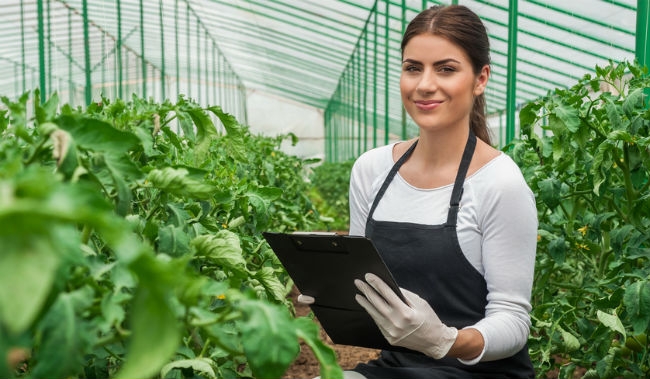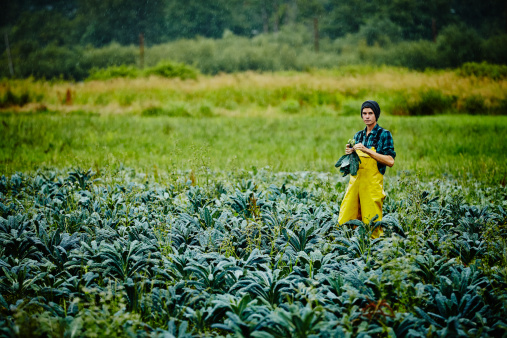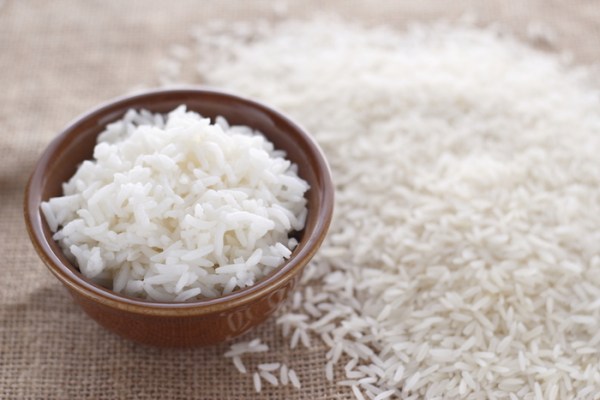
The very idea of genetically modified organisms, or GMOs, is enormously controversial, even when they’re shown to do good. And a new study from the National Academies of Sciences, Engineering and Medicine isn’t likely to change any minds, either. In a comprehensive look at GMOs — full of expert testimony, past studies, and public commentary — the scientists concluded their findings by offering a big old shrug. This raises, for some, the question of whether we should bother with GMOs at all (especially considering how much they infuriate a certain segment of society).
And yes, we should, but not for the reasons one might think.
Safe, But No Improvement
The study focused on GMO crops, often the flashpoint of controversy as they’re usually developed by companies such as Monsanto, regularly accused of ‘ecocide’ by protest groups.
The study didn’t dive into GMO livestock or investigate practices at the very cutting edge of the field — which is worth keeping in mind. It only reviewed previous study data and took testimony, so it’s more of an aggregation rather than an experiment. That said, it did look over more than a thousand studies and come to the conclusion that GMOs were safe. They don’t cause disease, they don’t damage the environment, and they don’t turn into triffids to try and eat us.
However, the scientists also didn’t find any clear evidence of improved crop yield, and it wasn’t clear that, for example, breeding pesticide resistance into plants was ultimately worth it. GMO crops with pest resistance did indeed reduce spraying, but using glyphosate, better known as the weedkiller Roundup, has ultimately just led to nature breeding a tougher weed. In other words, they work as advertised, but they may not deliver on the promises you hear.
Still, there are other factors worth considering.

A Grain of Gold
Every year, 670,000 children under five die from vitamin A deficiency. Another 250,000 to 500,000 more will go blind, most permanently. It’s an enormous, often undiscussed health crisis and one that we’ve been battling with a wide range of strategies.
One of the most controversial, and quite possibly most effective of these methods, is a GMO. It’s called “golden rice” — genetically engineered to be packed with beta carotene, which can easily be converted by the human body into vitamin A. You’d think this stuff would be all across the Developing World in a heartbeat, but it was controversial when it was first introduced and remains so. Greenpeace is opposed to the program because it thinks the spread of GMOs is environmentally dangerous. Which is a kind of vague thing to say when people are dying.
Golden rice epitomizes the potential and the frustration around GMOs. It’s not that there aren’t well-reasoned arguments against it: Yes, golden rice is only one useful tool for a problem that needs a whole toolbox; and yes, there are valid concerns about preserving ecosystems and biodiversity. But the idea that people are willing to put their beliefs about a product ahead of the lives of thousands of humans proves we need a more nuanced, and balanced, approach to GMOs going forward.

More Food, At What Price?
Increased yields, while possible, aren’t the problem. We have more than enough food to feed every human on Earth, we just so badly mismanage our own food supply that people still starve. And while labeling is pointless (although if it helps hippies sleep at night, there’s no reason to fight against it either), everyone — from anti-GMO activists to GMO producers — agrees that careful regulatory scrutiny is not only a necessity, but a net positive.
We shouldn’t focus on a science fiction idea of what GMOs are. Instead, we should focus on foods that combat hunger and vitamin deficiency, like golden rice. Genetic engineering ultimately isn’t good or bad, it’s just a tool that can be used for good or bad. If we keep that in mind, it can be the stepping stone to helping solve a few of the massive problems currently facing humanity. Which would be a lot better than people being paranoid about a boogeyman hiding on store shelves.






